How does a town like Hungerford, tucked into the Berkshire hills, with its sleepy canal running through it and high street of tea shops and antique arcades, recover from that day in August 1987 when Michael Ryan ran amok with a semi-automatic gun, killing 16 and injuring many others? The memorial to those who died, not in the heart of the town but at the entrance to the football ground, just gives the date and their names (Ryan, who also killed himself, is not mentioned). No one wants Hungerford to be thought of as the place where that tragedy occurred, the first such mass killing in the UK.
‘You don’t need to know what the tragedy was?’ asked Alan Dein. His mission, in Aftermath on Radio 4 (produced by Melvin Rickarby), was to find out how people had carried on after the tragedy and what they learnt from it. ‘I’m not sure,’ said the vicar of the parish church, a newcomer to the town but still aware of his role in dealing with the aftermath, ‘that the crises in our lives need to always define us in a bad way.’ A view that was echoed, resolutely, by everyone who spoke to Dein.
Not that he found it easy to find people prepared to talk to him about where they were on that hot summer’s afternoon when suddenly and without warning the innocent calm of their town was shattered. Dein, whose skill at drawing out people, telling their stories, is in large part because of his ability and willingness to withdraw, recede, let his voice remain unheard (as we know from his Lives in a Landscape and Don’t Log Off series), unusually revealed something of his working methods. ‘Usually when I’m out recording in the streets the first thing I do is make a beeline for somebody, even if they’re on the other side of the road. I’ll say hello, explain what I’m doing, ask them, “Fancy a chat?” But on this occasion I just felt very uncomfortable.’
Much of the town’s distress back in 1987 had been heightened by the invasion of the media that followed Ryan’s killing spree, and the return of reporters and camera crews whenever a similar event happens elsewhere brings the horror back. ‘You’ve reawakened memories that I don’t particularly welcome,’ Dein was told. Marking the anniversary is not important to the town; celebrating community is. ‘Just get on with it,’ was the belief most commonly expressed at the time; let’s focus instead on affirming what brings the town together. As Jack Williams, a former mayor, said, ‘You begin to understand just to squeeze the hand a bit tighter when you shake hands. It’s those little things you do in life.’
Over on Radio 4 Extra, the 258th anniversary of the birth of Robert Burns was celebrated on Wednesday with a rebroadcast of Fred MacAulay’s irreverent investigation into how much the Scots poet is worth to the Scottish economy. Sales of haggis reach a peak on the eve of Burns Night, that (often) drunken homage to poetry, whisky and a spicy concoction of lungs, hearts and livers wrapped up in the stomach of a sheep.
Some of the data was out-of-date (Alex Salmond, for instance, and the presence of Burns on the £5 Scottish note — he’s been upgraded to the £10). But the programme was still pertinent in pointing out the absurd irony that Burns, who died owing £14, was valued at £159 million (in sales of fridge magnets, shortbread, whisky and kilts) when the programme was made (2009) and that figure is rising, with a new birthplace museum and enhanced features at the Tam O’Shanter Experience in Alloway, including an interactive Burns Night Supper. Ponder that as you drink a dram on Wednesday night.
On these dark January mornings in year zero, post-common sense and respect for meaning, Something Understood (Sunday) can be relied on to start the day off on the right wavelength (or close it down if you listen to the repeat). In this week’s programme (produced by Frank Stirling), Mark Tully took us through the experience of ‘epiphany’ or ‘revelation’, those moments when a sudden change of understanding occurs, a flash of light in a sea of darkness. Archimedes and Darwin famously had moments of intellectual revelation; Saul of Tarsus was converted from persecutor of the Christians to devout believer on the road to Damascus. The American psychologist Gary Klein has researched these ‘lightbulb’ experiences to work out where they come from and has come to the conclusion that they happen more commonly than we might think, enabling us to make connections, follow our instincts, observe the world more accurately.
All of us have these moments, he says, ‘several a day’, but we often fail to appreciate them, reluctant to challenge assumptions and holding on instead to thoughts and ideas with which we are familiar but may no longer hold true. Tully inspired us to be braver, more radical, giving us examples from J.K. Rowling to Calvin and Handel via music by Paul McCartney and Gyorgy Ligeti. A classy, thoughtful programme that said a lot in so few words.
Got something to add? Join the discussion and comment below.
Get 10 issues for just $10
Subscribe to The Spectator Australia today for the next 10 magazine issues, plus full online access, for just $10.

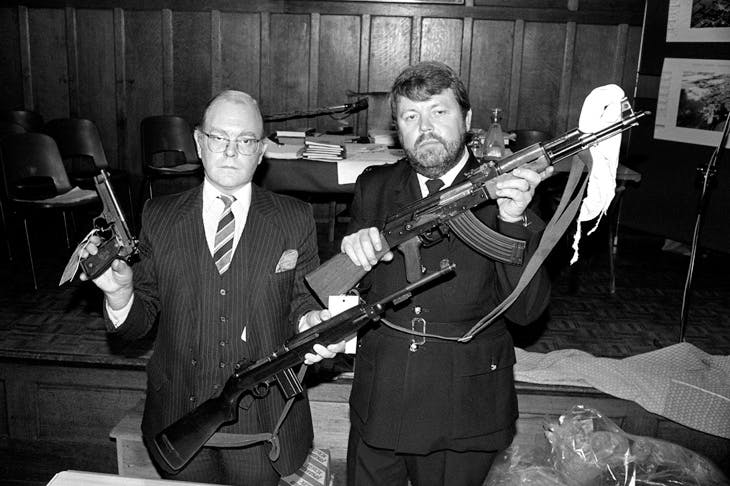
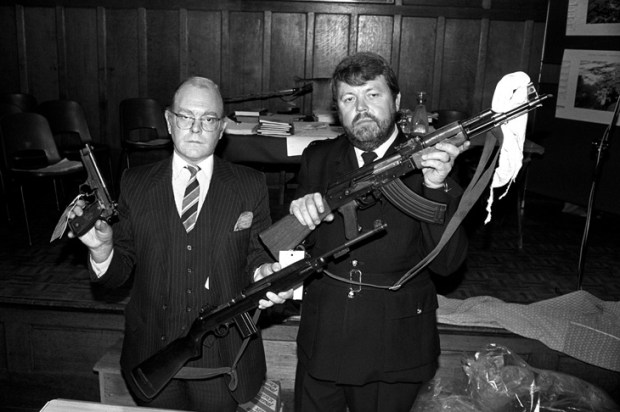
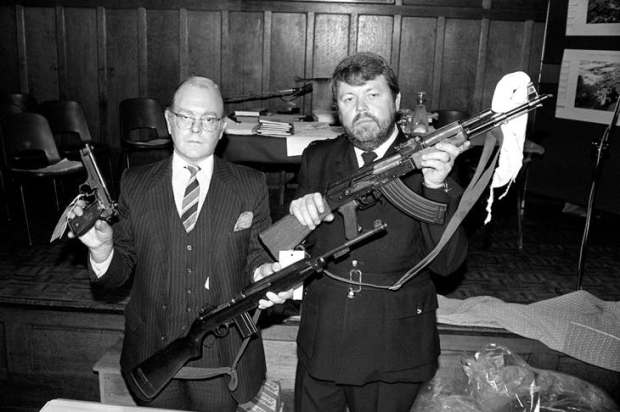

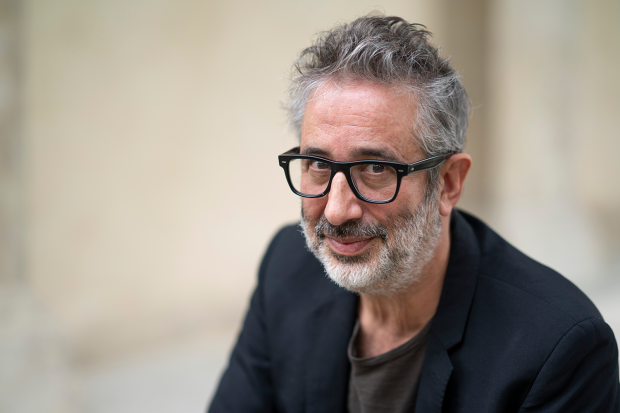
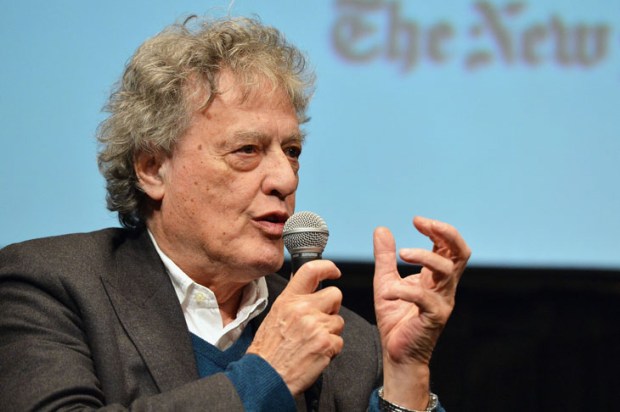
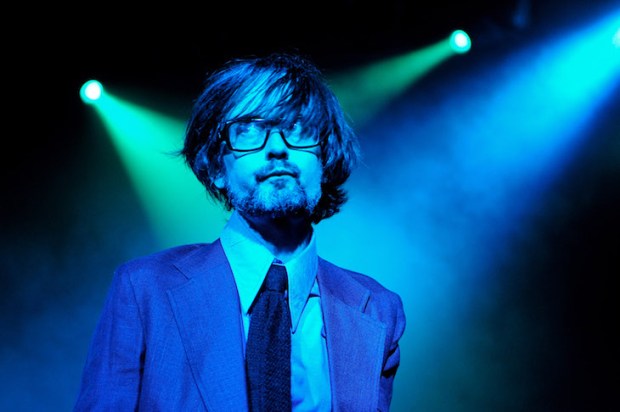






Comments
Don't miss out
Join the conversation with other Spectator Australia readers. Subscribe to leave a comment.
SUBSCRIBEAlready a subscriber? Log in